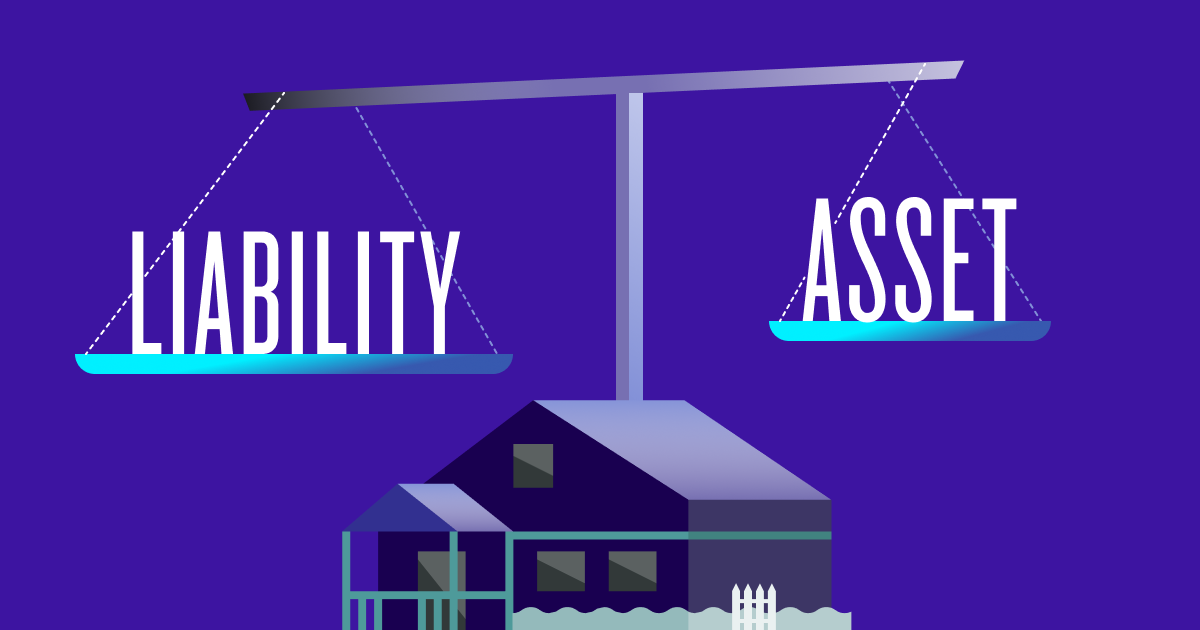Financial Literacy: Is your home an asset or a liability?
The answer you will get to this question depends on who you ask. At a very basic level, an asset is something that provides future economic benefit, while a liability is an obligation. Using this framework, a house could be viewed as an asset, but a mortgage would definitely be a liability.
Most people who own a home have a mortgage but also have equity built up in that home. (As a reminder, the equity is the portion of your home that you own).
We believe that equity is an asset that can be leveraged to increase wealth.
“The home is the largest purchase that most people will ever make, and once they've paid off their mortgage, it becomes the largest asset in their portfolio,” explains John Sweeney, Figure’s Head of Wealth and Asset Management. “These people spend a lot of time building investment plans, and they think about how to allocate their money between stocks, bonds, and cash, but few people think of their home as an asset and even fewer people think about how to use that asset to generate income in retirement.”
A few years back Robert Kiyosaki, of “Rich Dad Poor Dad” success, argued that a house is never an asset unless it’s a rental property that brings in money or it is completely paid off. Kiyosaki wrote about the home-is-an-asset “scam” in 2013, not long after the Great Recession and the bottoming of real estate.
“The Rich Dad Scam that your home is an asset was prevalent when I first wrote “Rich Dad Poor Dad”...It was easy to assume that your house was an asset because it was potentially making money for you in the long run through appreciation. People bought into the scam hook, line, and sinker, taking out home equity loans to buy cars, vacations, TV’s, and more.”
There were a lot of reasons the housing bubble burst in 2008 that I won’t go into in this post (though if you’re interested, Wharton has a great article and podcast episode that goes into detail). Kiyosaki is right that a lot of people got into huge financial trouble as a result of poor decisions all around. But individuals got themselves into trouble because they used their home equity like a credit card, often took much more money out than they could comfortably pay back in any but the best situations, and never considered the possibility of their home dropping in value.
Since the Recession, housing prices have returned to peak levels, growing 51 percent since hitting the bottom of the market. In fact, the average house price is now 1 percent higher than it was at the peak in 2006, and the average annual equity gain was $14,888 in the third quarter of 2017.
This isn’t to say that we think homeowners should pull out their equity for frivolous purchases. Rather we believe people should look at their home as an asset that can appreciate in value and be liquidated partially or completely if needed. When you view your house as an asset and not simply a home, you may approach a number of things differently.
